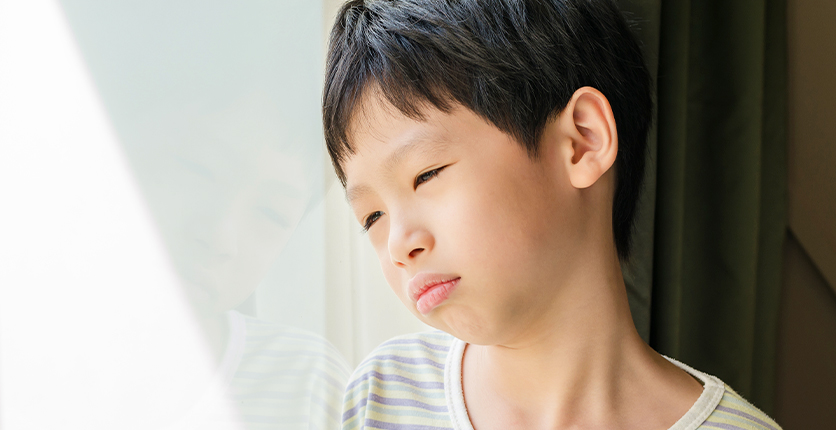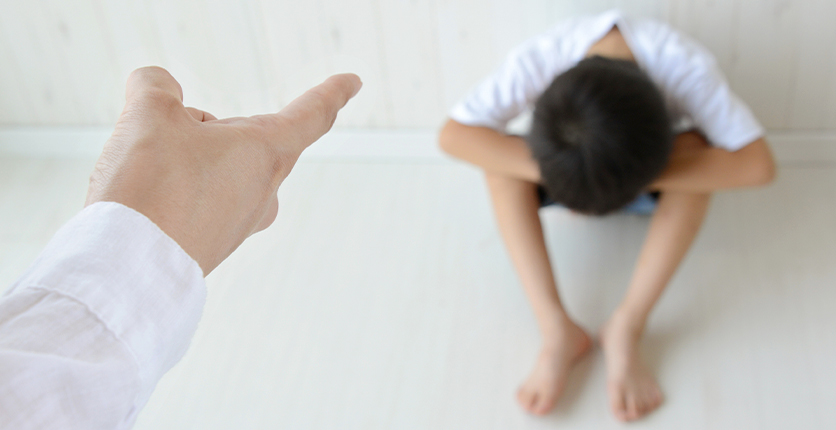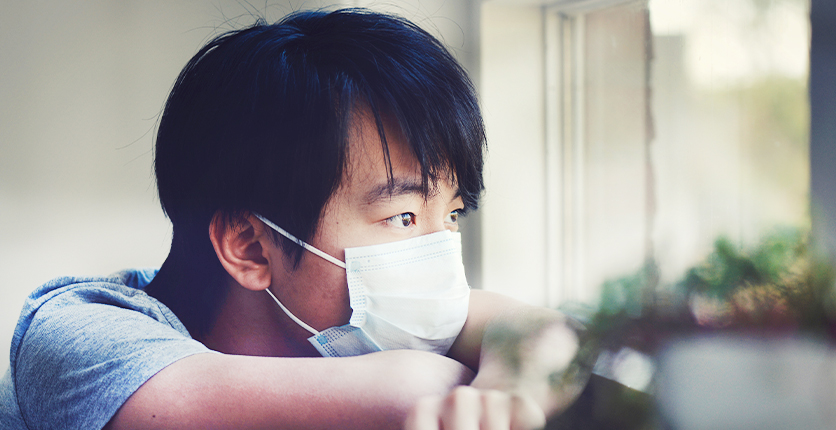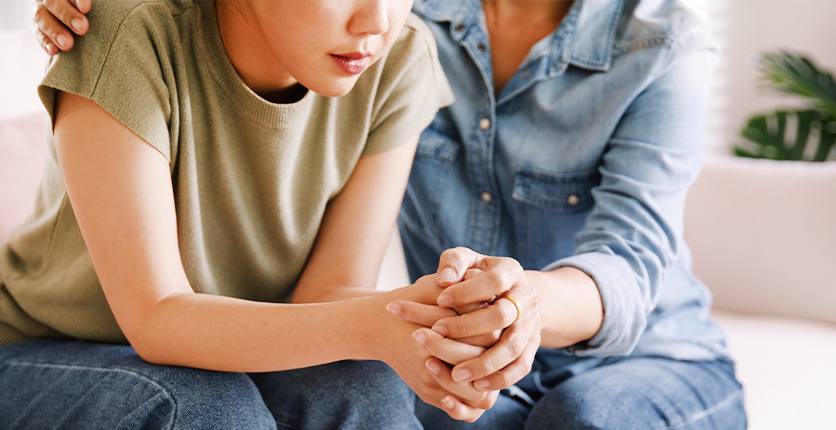Virtual learning and being cooped up at home have put a heavy strain on young children and teens. But how do you know if your little one is struggling emotionally? And, if they’re having difficulty dealing with the upheaval around them, what can you do to help? Ho Shee Wai, a registered psychologist and the director of The Counselling Place, shares some advice for guiding your kids through what may be one of the most stressful periods of their life.

Q: What are the main sources of stress for our kids during the pandemic?
Shee Wai: They may be dealing with feelings of uncertainty and confusion regarding all the changes that are taking place. Home-based learning, coupled with not being able to socialise and participate in their favourite activities, have also been tough on our kids. And of course, many children and teens are worried about getting sick and dying from Covid-19 or losing loved ones to the virus.
The situation may be particularly difficult for kids whose parents are struggling and are inadvertently passing their stress on to the rest of the family. Children whose parents are working from home may also feel that their parents aren’t paying enough attention to them. There are many kids living in homes that are conflict-ridden or abusive. Being cut off from their friends may be taking an especially heavy toll on their mental health.

Q: How can I tell if my kids are struggling emotionally and need help?
Shee Wai: Children don’t always vocalise how they feel, so keep an eye out for signs of emotional distress. These include attention- or reassurance-seeking behaviours, a reluctance to separate from their parents, physical symptoms like headaches or tummy aches, moodiness and irritability, tantrums or meltdowns, and trouble sleeping.
It’s important to check in regularly with your children and to model openness when sharing your own emotions. You may use a “feelings chart” if they have difficulty expressing how they feel. This is a chart that shows different faces expressing a range of feelings and emotions, such as anger, sadness, happiness and so on. If your child has trouble verbally expressing how he feels, ask him to show you by pointing to the relevant face.

Q: Besides professional counselling, how can I help my struggling children cope?
Shee Wai: Help them live a healthy lifestyle that involves regular exercise, wholesome meals and sufficient sleep. These are crucial to regulating mood. Your little ones may long for their old routine but until life returns to normal, you may want to help them establish a new routine, with activities and tasks that keep them active, productive and engaged. Teach them how to set goals and help them structure their days when they have to stay at home. Balance chores and schoolwork with free time and play time.
There are also ways to help them feel empowered – for instance, teach them how to protect themselves by washing their hands and wearing a mask.
Fun activities can help your kids feel like they’re beating their emotional challenges. They can create a jingle about their anxiety, anger or sadness, for example, or get into a Superman pose and declare: “I’m safe and everyone I care about is safe”.
Don’t underestimate the calming power of deep belly breathing – get your kids to breathe in and imagine that there’s a balloon in their belly filling up. They should hold their breath for five seconds before slowly releasing it. Practise this exercise with them for several minutes every day. Read this for breathing exercises you can try.

Q: What should we avoid doing that may actually be causing more harm than good?
Shee Wai: Don’t spend hours discussing negative news reports with them, as this may worsen their anxiety and distress. Limit their exposure to the news and social media if possible. Steer discussions towards “normal life” and topics that make them happy.
Avoid minimising their feelings. In your effort to reassure your children, you may end up brushing them off or make their problems seem smaller or less important than they really are.
Finally, don’t rush to discipline your kids when they “act out”. They may just have trouble expressing their emotions verbally. Instead, talk to them to find out what they’re feeling.

Q: How can I help my children manage their mental health until things return to normal?
Shee Wai: Be hopeful and try to keep their spirits up. Talk about a future where life looks better and everyone is happier. Of course, this doesn’t mean closing your eyes to the challenges of the pandemic. Teach your kids to accept what’s happening now, but remind them that things can – and will – get better. Encourage them to focus on the positives in their life.
Don’t neglect family time. Playing board games or exercising outdoors together are healthy ways to cope with everything that’s going on.

Q: How can we let our kids know that they’re not alone in this?
Shee Wai: Check in with them regularly; tell them that you’ll always be there for them and demonstrate it when they actually need you – for example, stopping work when they ask to speak to you; follow through with whatever you’ve committed to do with them or for them; and follow up on conversations you may have had with them about their struggles to find out if they’re coping better.
Note: Please consult your child’s medical professional if you have questions about managing their mental health.
How do you manage your kids’ mental health? Share your thoughts with us at magnsman@sph.com.sg!








